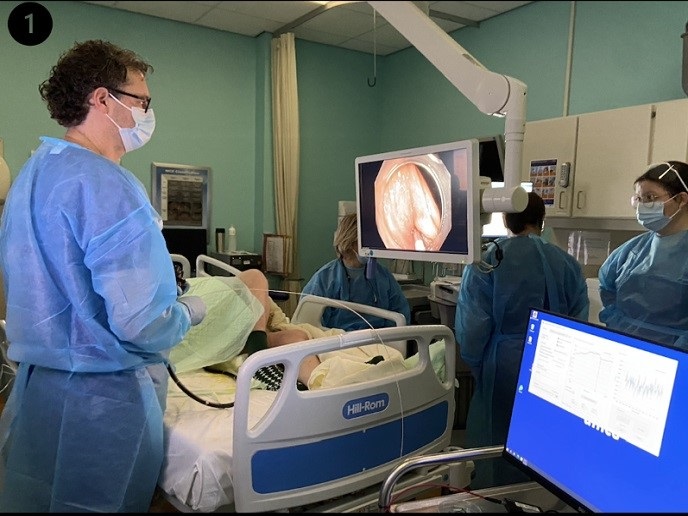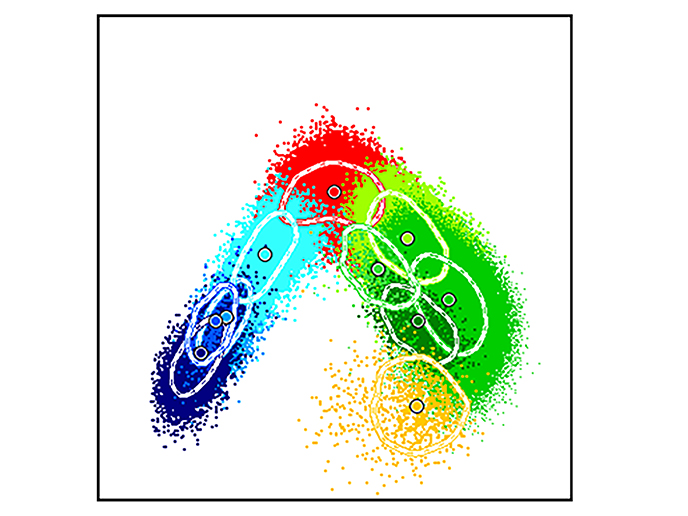High-throughput proteomics for cancer diagnosis
Proactive diagnostics is early-stage disease detection that could provide a window of therapeutic intervention. In contrast, reactive diagnostics, which is the current practice, suffers from late disease detection, hampering the chances for cure. For this purpose, highly accurate and sensitive screening tests are required that can assay multiple markers simultaneously. The key objective of the EU-funded 'High throughput proteomics systems for accelerated profiling of putative plasma biomarkers' (PROACTIVE) project was to develop a high-throughput proteomics pipeline for analysis of human blood samples that could detect putative cancer biomarkers. The multiplex protein detection technology would be able to generate data for nearly 180 proteins at the same time using a tiny amount of blood. Project partners used PLA technology where two antibodies couple to DNA oligonucleotides against the same target protein. This allows the ligation and amplification of these DNA oligonucleotides by polymerase chain reaction (PCR), generating a strong signal. PROACTIVE consortium members successfully developed multiplex PLA assays based on the simultaneous detection of 96 protein molecules. An improved method termed proximity extension assay (PEA) was developed that offered increased signal recovery from blood plasma. Improvements in component generation such as the antibody–oligonucleotide conjugation technology were also achieved. Project partners developed a laboratory information management system (LIMS) for PLAs geared towards biomarker discovery. The data, alongside clinical information of the samples, were stored in a central server and could be accessed by all researchers. Implementation of the PROACTIVE system on a cohort of patients with colorectal cancer led to the identification of proteins specific for the early stages of the disease. These constitute putative diagnostic biomarker candidates and subsequent validation will determine their future incorporation into a plasma biomarker service.







